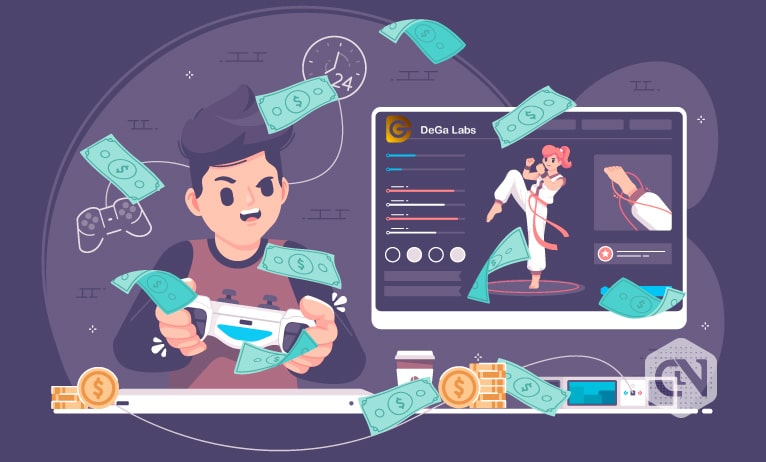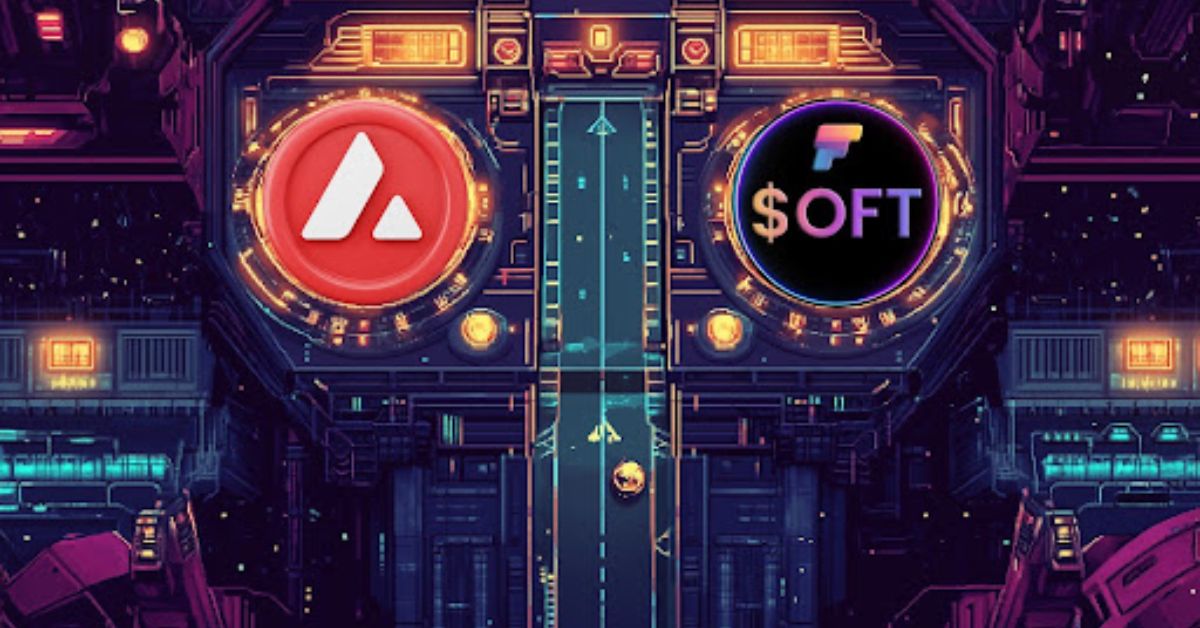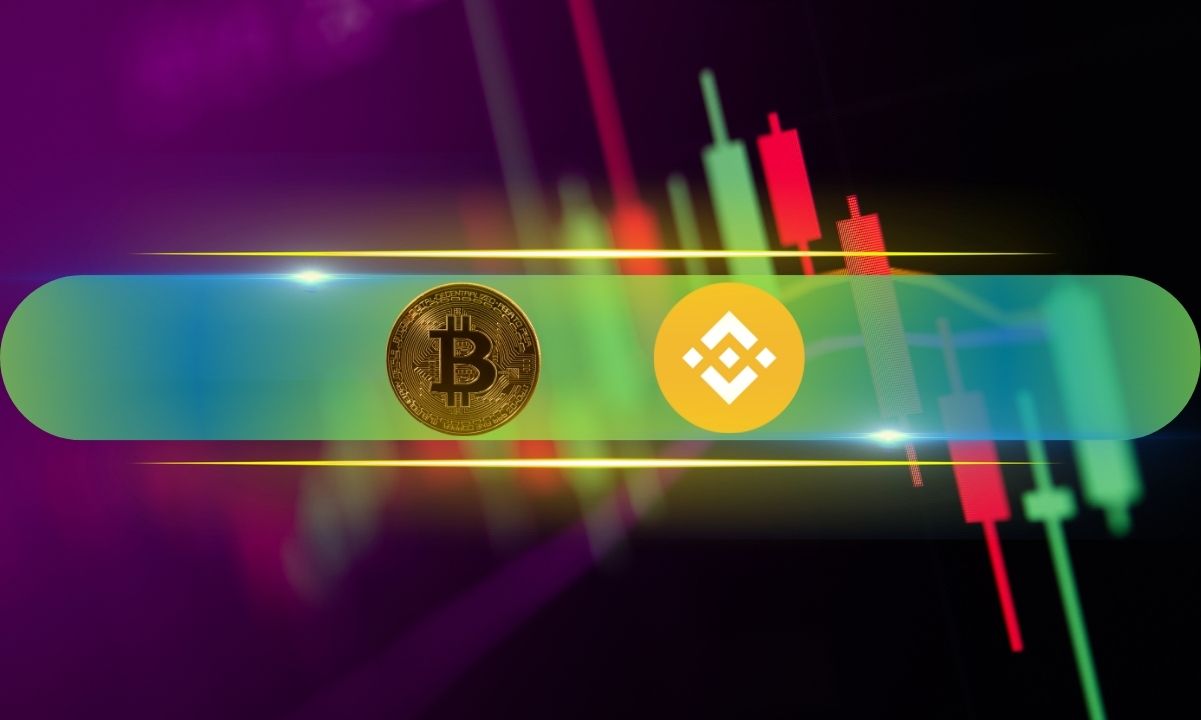DeGa Labs, a Blockchain software development company building the Web3 economy, is ready with its Free-to-Play-to-Earn game PirateVerse.
This past year, as we saw, P2E games exploded into popularity after the boom of non-fungible tokens (NFT). Experts believe P2E will disrupt the traditional gaming space. From its valuation of $198 billion in 2021, the gaming market will touch a whopping $340 billion in the next five years.
Free-to-Play-to-Earn gaming will play a crucial role in it. After all, the P2E model changes the old gaming model for good. The reason is that, unlike the traditional gaming model, the world of Play-to-Earn gaming offers players the chance to earn cryptocurrencies by playing a game.
The rise of GameFi is allowing players, for the first time, to share value in the games and open up new monetization opportunities. At the same time, these NFT-powered games can take crypto mainstream and introduce tokens to an entire generation of developing economies just by playing a game on a smartphone.
DeGa Labs is one such company focused on building this future by incubating and investing in promising GameFi and Web3 and DeFi projects. The high-seas adventure game called PirateVerse is the latest addition to their ambitious P2E and metaverse games portfolio.
PirateVerse is an exciting, new NFT based free-to-play-to-earn fantasy island-building game based on “Pirates of the Caribbean” stories. In this game, players assume the identity of one of several fearsome pirate captains and take to the open seas in pursuit of power and fortune.
Leveraging Avalanche
This new adventurous NFT game is built on the Avalanche Blockchain, known for its low-cost and fast transaction processing time. It is a popular open-source platform for launching decentralized finance (DeFi) applications and Blockchain deployments in one interoperable, scalable ecosystem.
Hundreds of dAps are currently building on Avalanche, and the Blockchain has amassed $10.2 billion in assets, according to DeFi Lama. According to a report from data provider Nansen, Avalanche recorded impressive growth in the first quarter of 2022, with its monthly active addresses surging to 583,000.
On Avalanche, developers can create applications and custom Blockchain networks with complex rulesets or build on existing private or public subnets.
PirateVerse is taking advantage of Avalanche’s ability to create sub-networks or subnets, enabling a vast ecosystem of scalable, app-specific Blockchains to thrive, including DeFi and NFTs. These subnets allow for richer functionality, much like an L2 but decentralized and built for efficient scaling.
The Gameplay
The NFT-based Free-to-Play-to-Earn game PirateVerse lets players battle it out in epic PvP arena-style pirate ship combat as they compete for ocean superiority and treasure. This warfare is waged with customizable NFT pirate ships, which can be upgraded with new weapons, items, and abilities. These weapons and items can be earned by playing and conquering other pirates and their territories.
The winner of the game gets the spoils in the form of in-game PVG tokens, construction materials, ships, building upgrades, and much more.
One of the significant benefits of this game’s Free-To-Play-To-Earn mechanic is that players continue to reap the rewards with just a single investment. It even has a feature that allows players to earn while they’re offline.
In the game’s PvE mode, called Expeditionary, players can assemble flotillas to take on terrifying sea creatures. For this, they can enlist other captains and their ships to join in multiplayer battles and claim big rewards. Players will receive PVG tokens, construction upgrade materials, captain fragments, and more for participating in PvE.
In PirateVerse, every asset is an NFT with unique features, attributes, and real-world value. Due to their unique nature, NFTs serve to signify user ownership of in-game items.
The game leverages Blockchain technology and NFT marketplaces to enable decentralized, self-governing asset ownership. And all the digital assets owned by the holders belong only to them, which can be converted into fiat currencies.
The Token
Last year, P2E coins did exceptionally well thanks to NFT mania and tech giants announcing their big plans for the metaverse. And while P2E is at its very early stages of development, experts consider it the “future of gaming.” After all, the model has the potential to revolutionize the way gaming works.
When it comes to PirateVerse, DeGa Labs also has its multifunctional governance token called Pirate Finance Coin (PVF), which acts as the connection between the project and its investors. PVF token has a total supply of 300 million.
The team of PirateVerse has set 25% of supply to pay for game rewards, while 10% of supply is allocated to staking rewards, and that will be paid over five years, as per its official website.
Future Plans
After the internal testing, the project plans to raise funding in a seed round & a private round this quarter. After these funding rounds are completed, they will prepare for a public sale via IDO. And once all is completed, PirateVerse will launch the genesis NFT sale, open its marketplace, and focus on building partnerships. Besides the game demo, a mini free-to-play will also be launched in a quarter second.
However, the public testnet of the game and private mainnet won’t be launched until Q3, 2022. In the same quarter, the team aims to get the PVF token on DEXs and the top 10 centralized exchanges (CEXs). But, the main focus would be on competitions and marketing campaigns to build a strong community.
The multi-chain testing will begin near the end of this year. It will also launch its Guild and a DAO to allow its token holders to vote on proposals to shape the game’s future during the same period.
PirateVerse also has plans for the next year, which involve the launch of new NFTs and the full Pirate Metaverse. Additionally, VR/AR testing, a global contest, and multi-chain deployment are expected in the first two quarters of 2023.






